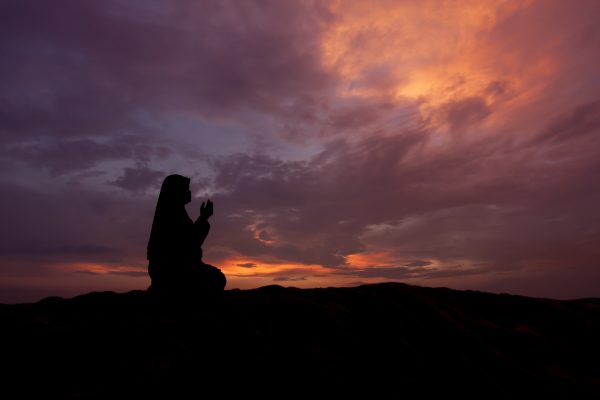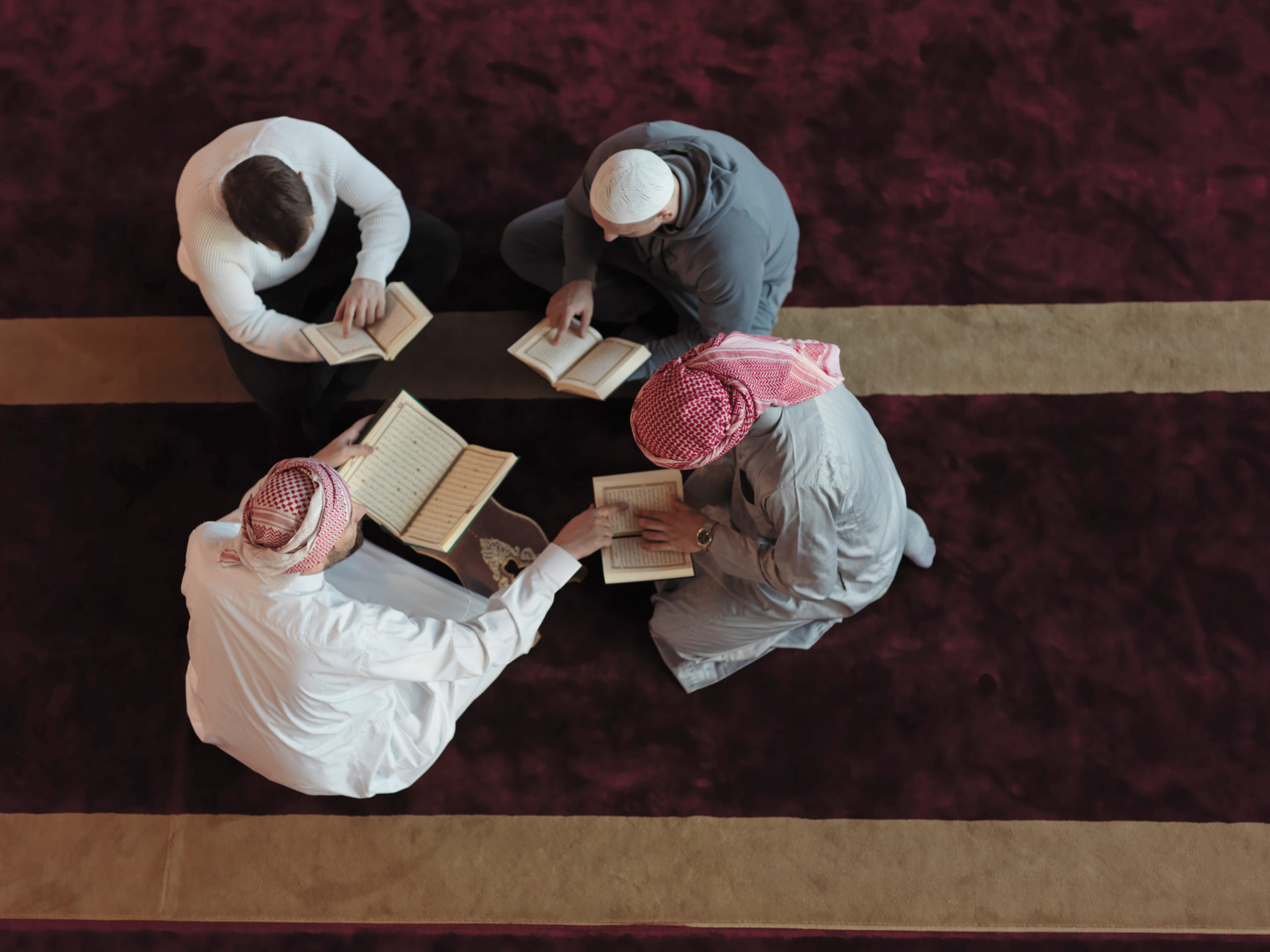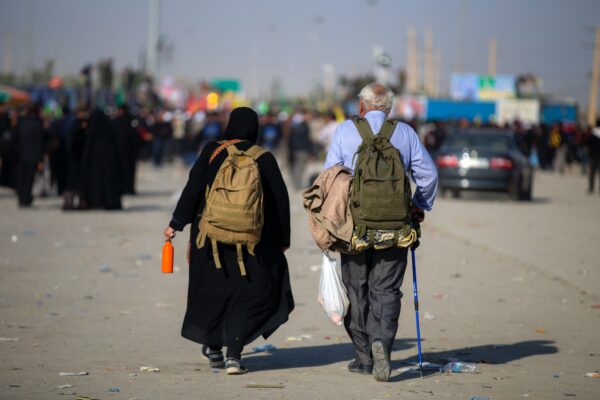Who are the Shia and what is Ashura?
Every year in Manchester, it has become a regular sight to see the lampposts, throughout the city, to be adorned with posters asking, “Who Is Hussein?” For many Mancunians this has become a yearly tradition. I myself, for one year lived opposite the 404 Jaffaria Islamic Shia Mosque in Rusholme and witnessed Muharram with immense curiosity and wondered what goes on during this time. I held some background knowledge in regards to this event, being a history student and my own personal family links. However, this year I decided, as a Muslim,
I wanted to gain a depth understanding of the week, which is held with such importance to millions of Muslims and fellow members of the Ummah (the term used to describe the Islamic community) across the globe.
What does the week of Muhharram encompass and what is Ashura?
The first week of Muharram (the first month in the Islamic calendar) is a week of remembrance and commemoration of the tragedy that befell on the Prophet Muhammad’s grandson Hussein and the Ahl alBayt (family of the prophet) where the entire tribe were either martyred or taken as prisoners of war. Imam Hussein had been on his way to Kufa, Iraq, on the request of its citizens to be freed from the oppressive rule of Yazid. He was sadly betrayed. His caravan was intercepted at Karbala and he perished.
The tenth day of Muharram is referred to as Ashura and on this day Imam Hussein was martyred at the hands of the soldiers of Yazid at the battle of Karbala. During this week, many mosques hold Majalis (religious gatherings), teaching the younger generations of this important event in Islamic history and fasting takes place on some days.
My take on Muharram
Thankfully, I was raised in an open minded household where being inquisitive and reading to expand your knowledge was promoted heavily. Despite coming from a Sunni household, the week of Muharram and Ashura held a very special place in my grandmother’s heart and was commemorated in the household every year, with great emphasis placed on the trials of Imam Hussein. From a young age I recall my grandmother being solemn and fasting and told me that as a Muslim, this week was one of sadness.
It has been said, in my grandmother’s ancestral village, many centuries ago a pious man of great knowledge came from India and imparted his wisdom and knowledge about Imam Hussein and Muharram to the villagers and he taught them the practices of how to commemorate during the week of Muharram. With the images of my grandmother in my mind, I decided to join the University of Manchester Ahlulbayt Society (ABSOC), with their commemorations to explore further this week.
Misconceptions
What’s the first thing that comes to your mind when you think of Shi’ism and Ashura? I’m sure for most people it would be that those are guys that whip themselves until they bleed right?
I asked numerous people these questions and was met with the same reaction which would be a moment of silence and a confession that self-flagellation was at the forefront of the ideals they held for the Shia sect. Despite my exposure to Muharram, I myself have been ignorant and guilty of holding this view. Attending the Majalis, I immediately was informed that very few members of the Shia community actually partake in such extreme levels of expression and that many members are not keen on the public displays of such activities.
I am perplexed as to why the Shia community face such judgement, when groups of people are committing unspeakable acts against humanity, under the false banner of Islam globally. Yes, we can debate greatly about the meaning of self-harm and flagellation but at the end of the day, it’s a personal act. If an individual feels deeply saddened by the loss of Imam Hussein and is swept up in the sorrow and they harm just themselves then surely they should be allowed to express their religious freedom, as it’s not impacting upon anyone else, no?Is it not stated, we are all born with free will?
A common myth that many share is that “the Shia pray towards Karbala.” This belief that Karbala and Imam Hussein are placed on the highest pedestal must be dispelled. You don’t have to encompass the logic of rocket scientist to gather that the Ka’ba and the prophet Muhammad are central to their worship, just like any other Muslim.
A Reflection
In my studies on the Republic of Iran, I came across the week of Muharram and Ashura during the 1979 Islamic revolution, where it played a huge role in toppling the government of Mohammed Reza Shah. I saw videos truly displaying that it was the will of the people, with emotions running so high within this week. I was fascinated by this spirit, which then formed the modern day Islamic Republic. Attending the Majilies I gained an understanding of this spirit listening to the khutba (sermon). I felt a real sense of community and togetherness amongst the entire congregation. Listening to the Imam, there was individual reflection and also a shared pain with everyone present.
Within my discovery of the meaning of the week of Ashura, I realised how this assumption that this was a “Shia week,” was also integral to all Muslims. Ashura was detrimental to all followers of the prophet, as this was the killing of his family so surely this pain logically belongs to all members of the Ummah and should be commemorated? After the Khutba, I listened to the recitation of poetry and saw the men lightly beating their chests, (nothing to the extreme levels) they were almost moving to the rhythm of the poetry and it was almost similar to watching the swirling darwaish, an integral Sufi tradition. That made me think, why are Sufi’s so revered and Shia not? Following the immense grief just experienced from listening to the Khutba about Imam Hussein, I was sat there captivated by the poetry and the movement both seemed, in sync and it was rather therapeutic to watch.
Imam Hussein had essentially been on a mission to liberate the Muslim people and grant them freedom. He heard the calls of the people of Kufa and left the safety of Mecca and proceeded forward. During these Majilies I recognised the immense bravery shown by Imam Hussein and his followers and understood that his martyrdom should be an example to all Muslims. We as an Ummah need to unite and grasp that Muslim’s around the world, especially the Middle East are being persecuted. As stated, as a child I was brought up with the notion that I am “just a Muslim.” Only when I came to university, did I experience the concept of different sects and a divide.
Spending time at Jaffaria Mosque, I feel as though I have been adopted as one of their own and I declared this to the “Shia girls” and this was the moment, we all looked at each other and said, “Wait. Hold on. We are the same?!” We place such an emphasis on interfaith connections, between the faith of Judaism, Christianity and Islam, which of course is brilliant but we actually have to do more amongst the different sections of Islam and all get on the same page to move forward as one.
As a child, it was emphasized that everyone is equal and that although people may express and practice their faith differently they are entitled to this and we are all Muslim. This was a reflection of the underlying central philosophy of Islam that everyone is equal and that no one other than Allah can judge. As I spoke and discussed such matters with the girls, this was the underlying sentiment felt by all taking part in the discussions. Why are we as Muslims so focussed on the differences? We shared lots of past personal experiences from both the Sunni and Shia perspective and realised how ridiculous so much of the hearsay is. It only took one meeting amongst us to realise how similar we are and how much we have in common. This highlighted a central problem; we must do more to educate ourselves as Ummah, about the different forms of practice, instead of fearing each other.
As time has moved on, we now purposely divide ourselves and place ourselves into the categories and sects. It has often become a part of an individual’s identity, not the fact that they are Muslim but they are Sunni or Shia or any other sect. Why do we do this? We are doing this because we are facing widespread persecution as a faith so we are on the defence and clinging to the sects as a show of identity and believe we this is strengthened. The only term, we should be calling ourselves is Muslim and we should be doing that united. Imagine if all Muslims formed a united front, how many people facing oppression could we help and as a collective help repair the status of Islam as a religion of peace. At the end of day between the different sects of Islam we have more similarities than we have differences. I can say on the week of Muharram, at a Shia mosque, I have first hand experience being the only Sunni Muslim amongst the entire Shia congregation could not have felt more at home and regarded as an equal as I did at 404 Jaffaria Mosque.
by Etisha Choudhury





